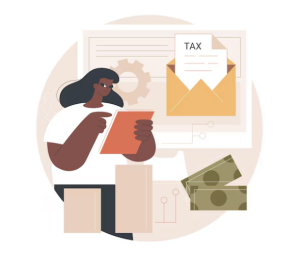
How to maximize the use of credit cards to build a solid credit history in the U.S.
Learn how to maximize the use of credit cards to build a solid credit history in the USA.

Learn how to maximize the use of credit cards to build a solid credit history in the USA.

Changes in the U.S. tax code significantly impact small businesses, influencing financial strategies, tax liabilities, and growth potential.

Financial diversity is transforming the U.S. consumer market by fostering inclusive financial products and services, catering to varied economic backgrounds and driving market evolution.

The rise of crowdfunding has significantly impacted entrepreneurship in the U.S., offering startups and small businesses new funding avenues and democratizing investment opportunities.

Climate change is reshaping the U.S. insurance market, leading to higher premiums and stricter coverage policies as insurers adapt to increased risks from extreme weather events and natural disasters.

Financial education plays a crucial role in reducing economic inequality in the U.S. by empowering individuals with the knowledge and skills to manage finances, make informed decisions, and build wealth over time.

Maximize benefits from high-yield savings accounts by assessing rates, managing deposits, and exploring introductory offers.

The growth of e-commerce is reshaping personal finances in the U.S., driving increased online spending, altering budgeting strategies, and influencing saving behaviors.

Loyalty programs significantly influence purchasing behavior in the U.S., encouraging repeat customers and increasing spending through rewards and personalized offers.

The sharing economy is reshaping personal finances in the U.S., offering new income streams and cost-saving opportunities through platforms like Uber and Airbnb, significantly impacting household budgets and financial strategies.